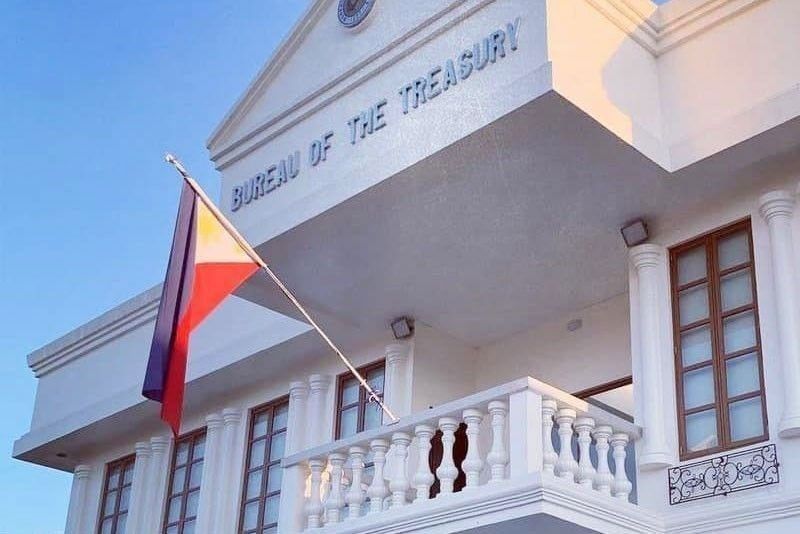Budget shortfall eases to P984 billion in 9 months

MANILA, Philippines — The country’s budget gap narrowed to P984 billion from January to September as revenue collections exceeded targets and as the government fell short in meeting its expenditure goal, with state agencies needing to further ramp up spending.
Data from the Bureau of the Treasury (BTr) showed that the government incurred a lower budget deficit of P983.5 billion from January to September, three percent below the P1.01 trillion recorded in the same period last year.
A narrower budget deficit means the government is still spending beyond what it earned from revenue collections, but at a slower pace.
The nine-month budget shortfall is also 11 percent below the P1.11-trillion target set by the Cabinet-level Development Budget Coordination Committee for the period.
The figure is just 66 percent of the P1.5-trillion full-year program. The cooling deficit for the nine-month period was attributed to the increase in revenue collections, as well as the lower expenditure performance.
Data showed that total revenue collection as of the end of the third quarter improved by 6.79 percent to P2.84 trillion as against the P2.66 trillion in the same period last year, as both tax and non-tax revenues increased.
It also surpassed the programmed revenue collection of P2.76 trillion or by nearly three percent. It accounted for 76 percent of the P3.729 trillion 2023 program.
The bulk or 90 percent of the revenues were from tax collections at P2.54 trillion, rising by 6.3 percent. Non-tax collections, on the other hand, went up by 10 percent to P296.5 billion.
The Bureau of Internal Revenue (BIR)’s haul increased by 7.25 percent to P1.86 trillion while the Bureau of Customs (BOC) managed to post a 3.43-percent increase in collection to P660.4 billion.
BIR missed its target by four percent while BOC slightly exceeded its assigned goal by 2.52 percent.
Income generated by the Treasury also jumped 22 percent to P158 billion on the back of higher receipts from dividend remittances, interest income from its managed funds, and government share from the profits of the Philippine Amusement and Gaming Corp. and Manila International Airport Authority.
Collections from other offices including privatization proceeds and fees and charges slightly went down to P138.5 billion.
On the other hand, government spending in the nine-month period went up by 4.12 percent to P3.82 trillion.
The Treasury said the disbursement performance in the third quarter helped trim government underspending to just a percentage short of the P3.86 trillion programmed spending set by the economic team for the review period.
This compares to the P170.5 billion underspending recorded during the first semester, representing nearly seven percent of the program.
In August, the Department of Budget and Management (DBM) ordered state agencies to create their spending catch-up plans amid the continued low budget utilization that impacted economic growth in the first half.
The DBM earlier said the slow utilization was due to ongoing implementation of programs by line agencies as well as billing or payment concerns and issues encountered.
Government spending is around 20 percent of gross domestic product.
Finance Secretary Benjamin Diokno is expecting a better economic performance in the second semester given seasonality and as state agencies catch up on their spending.
Meanwhile, primary expenditures at P3.36 trillion accounted for 88 percent of the total spending, up by almost three percent.
Apart from primary expenditures, the government increased its interest payments by 15 percent to P460.1 billion from P400 billion a year ago.
Both primary expenditures and interest payments, however, were short of their program for the nine-month period.
Over the next few months, Rizal Commercial Banking Corp. chief economist Michael Ricafort said elevated inflation and higher interest rates and borrowing costs could still be a drag on economic activities, specifically on spending, sales and revenue collection.
“Inflation bloats the government’s various expenditures while relatively higher-for-longer interest rates would still lead to higher debt servicing costs, all of which would widen the budget deficit and increase the outstanding debt,” Ricafort said.
- Latest
- Trending




























